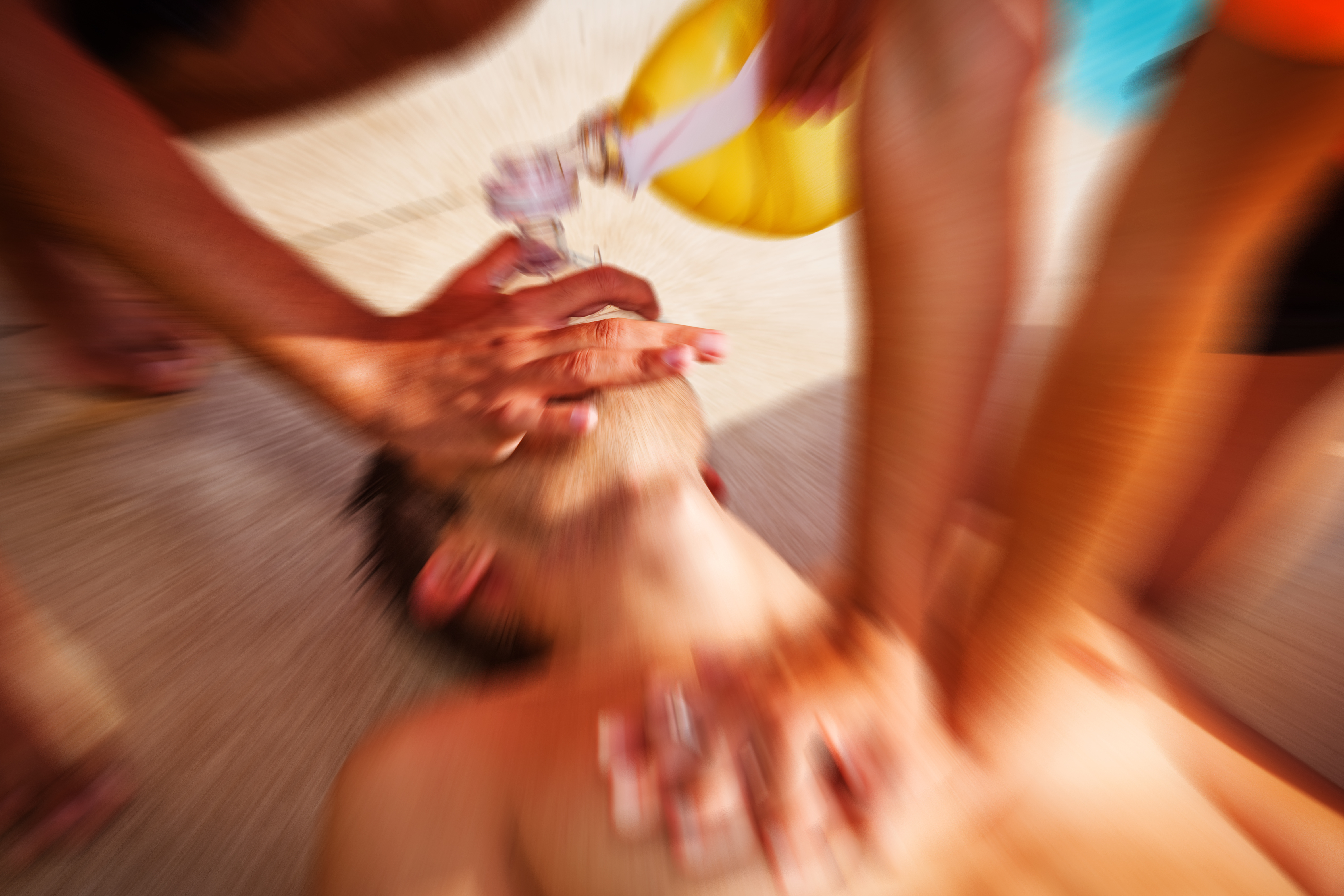Unfortunately, there will be more of these kinds of tragedies as the weather warms up, more pools open for business, and thousands of families roll into the area for beach vacations.
Just a week before this incident, a 12-year-old boy was hospitalized after his leg was trapped in a suction line in a pool at Avista Resort. He was held underwater for about 10 minutes before he was rescued.
According to the lawsuit, North Beach Towers was negligent because it failed to create safe conditions, properly maintain the pool, and provide life-saving equipment.
How Common Are Drowning Deaths?
Here are some drowning statistics from the Centers for Disease Control and Prevention:
- More than 3,000 people drown in the United States every year – that’s about 10 drowning deaths every day;
- About 20 percent of all drowning victims are younger than 14;
- Children between ages 1 and 4 have the highest drowning rate; and
- Drowning is the number two cause of death for children ages 1 to 4, second only to birth defects.
But, Why Is It the Pool Owner’s Problem?
Pool owners – like all property owners – owe a general duty of care to not injure visitors or create conditions that would lead to injury or death.
If they fail to meet this obligation, they can be held liable for accidents that happen on their property. Someone who is injured because of a pool owner’s negligence may be able to file a personal injury lawsuit, and the family of someone who drowns as result of negligence may be able to file a wrongful death lawsuit.
If a jury determines that the pool owner breached their duty of care to guests, the owner can be ordered to pay damages to the injured person or the family of a victim who died.
This liability is not limited to hotels and resorts – any pool owner can be held liable for accidents on their property, including homeowners, country clubs, gyms, and apartment complexes.
What Kinds of Accidents Are Common at Swimming Pools?
Besides drowning deaths, a wide range of injuries is possible any time large numbers of people descend on a body of water surrounded by concrete and complicated equipment.
Common swimming pool accidents include:
- Slip and fall injuries;
- Broken bones, sprains, and other limb injuries;
- Electrocution;
- Diving board injuries;
- Hair or limbs becoming trapped in drains; and
- Infections resulting from improper water treatment.
What Causes Swimming Pool Accidents?
Maintaining a swimming pool and related equipment requires a lot of work and a steady attention to detail. When owners and operators fail in their duty to keep everything in proper working order, people get hurt.
Swimming pool injuries often result from the following conditions:
- Inadequately trained – or absent – lifeguards and other staff members;
- Dangerous pool slides;
- Damaged or defective diving boards;
- Damaged or missing pool ladders;
- Unsafe drains;
- Cloudy water resulting in low visibility;
- Inadequate fences or gates; and
- Lack of signage indicating the depth of the pool or changes in depth.
If you or a loved one are injured in a pool accident, call the police or appropriate emergency personnel, and immediately begin collecting evidence. Talk to witnesses and take photos of the pool, pool equipment, and the surrounding area before the scene is cleared and any defects are repaired.
Myrtle Beach Swimming Pool Accident Lawyers
If you or a family member has been hurt in a swimming pool accident in Myrtle Beach, Conway, Charleston, or Columbia, SC, call a SC swimming pool accident attorney at Coastal Law today – we will investigate and help you to recover the maximum compensation possible from the negligent pool owner.
You can schedule a free consultation to discuss the facts of your case by calling (843) 488-5000 or filling out our online form.



